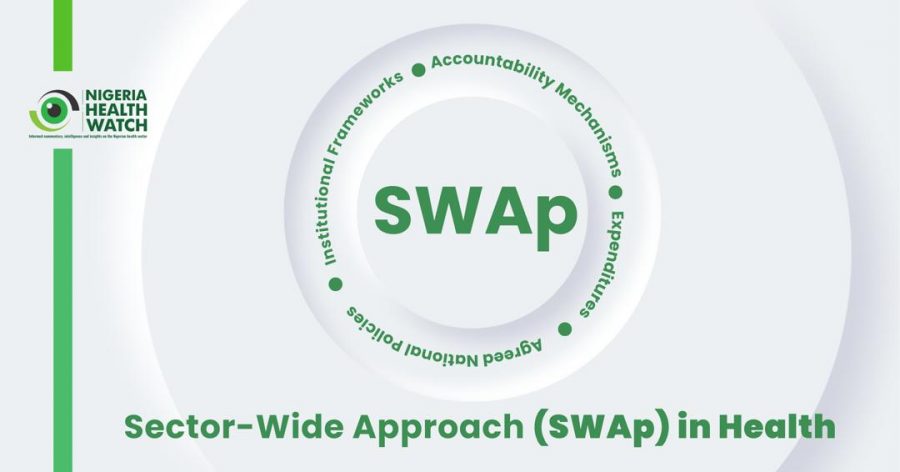By Iyemah David
The Federal Government of Nigeria said the Sector-Wide Approach (SWAp) Initiative targets healthcare transformation as a bold vision to revolutionise healthcare in the country.
The National Coordinator of SWAp, Dr Muntaqa Umar-Sadiq, stated this at a two-day validation meeting on Collaborative Advocacy Action Plan (CAAP), organised in Abuja by the Africa Health Budget Network (AHBN), in collaboration with Civil Society Organisations (CSOs) and the media.
It was reported that despite the progress in the African region, challenges persist in Reproductive, Maternal, Newborn, Child, Adolescent, Elder Health, and Nutrition (RMNCEAH+N).
The key gaps include non-inclusiveness, weak subnational coordination, and inadequate advocacy.
Dr Umar-Sadiq said that with a comprehensive strategy encompassing governance, resource optimisation, financing coordination, and community empowerment, SWAp aimed to address the pressing healthcare challenges facing vulnerable populations.
The coordinator said that SWAp’s multifaceted approach was poised to tackle several key objectives.
He listed the objectives to include governance enhancement, resource convergence, defragmentation of external financing, revitalisation of Primary Healthcare Centres (PHCs), maternal mortality reduction, and the utilisation of community systems.
According to him, SWAp represents a paradigm shift in how we approach healthcare in resource-constrained settings.
He said that by addressing systemic issues and leveraging community resources, the country had the potential to make substantial and sustainable improvements in health outcomes.
Meanwhile, stakeholders in the health sector urged the federal government to strategically collaborate with stakeholders, including CSOs, research institutions, and the private sector, to fulfil its commitments in Women’s, Children’s, and Adolescents’ Health (WCAH).
The Coordinator of AHBN, According to Dr Aminu Magashi Garba, said effective partnerships with non-state actors and multi-sectoral engagement are crucial for progress.
While Nigeria’s health commitments are supported by sound policies and strategic plans, Dr Magashi said that the implementation often lacked clear roadmaps, resource allocation transparency, and accountability.
“This gap hampers efficiency, sustainability, and the overall achievement of goals.
“Notably, the maternal, newborn, and child health sector sees more comprehensive support and documented progress compared to sexual and reproductive health and adolescent wellbeing,” he said.
Dr Opeyemi Adeosun, Programme Manager, Health Reform Foundation of Nigeria, said that attention was gradually shifting towards family planning and modern contraceptive use.
Adeosun, however, said that issues like gender-based violence and cancer prevention remained under-supported.
He said that adolescent health, in particular, suffered from minimal government prioritisation, with NGOs and private sectors filling the gap.
To address these challenges, Mrs Chika Offor, Founder of Vaccine Network for Disease Control (VNDC), recommended revising policies to reflect the current economic context, ensuring consistent funding, and establishing concrete milestones for progress.
Offor said that prioritising adolescent health interventions was crucial as the demographic could significantly contribute to national development when adequately supported.
The Chairman National Advocates for Health (NA4H), Mohammed Usman, said that by enhancing advocacy, accountability, and collaboration, the country could better meet its health commitments.
Usman said it would also improve the well-being of its women, children, and adolescents.
NAN reports that Nigeria’s recent initiatives include revising the RMNCAEH+N Quality of Care Strategy and adopting a multi-stakeholder platform to achieve Universal Health Coverage (UHC) and Sustainable Development Goals (SDGs) targets by 2030.




